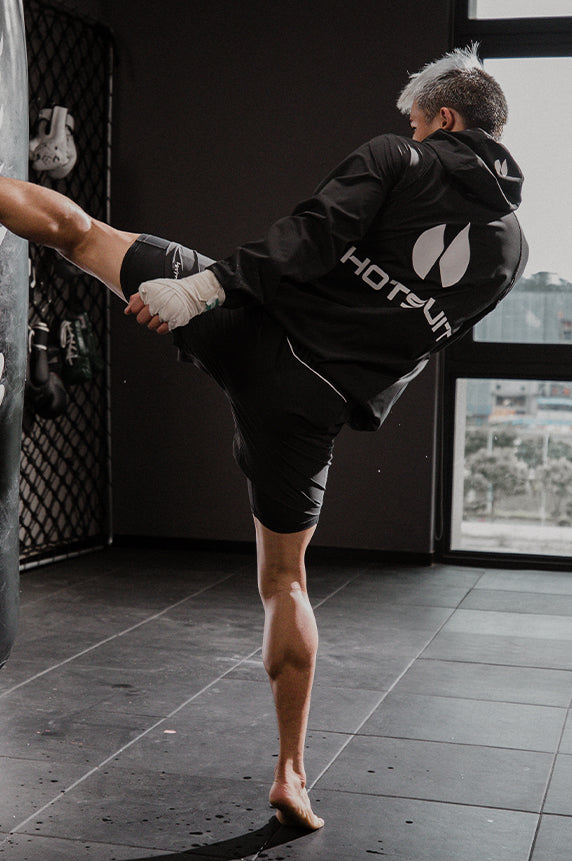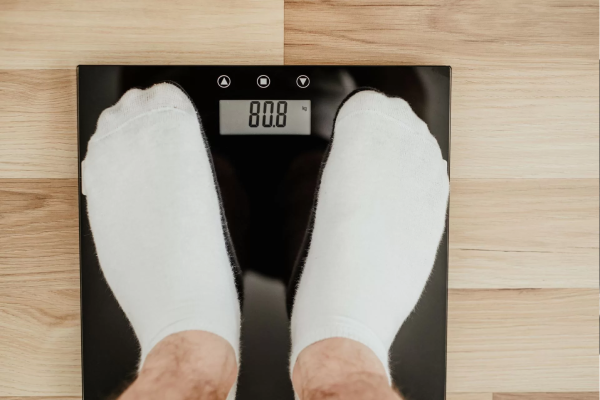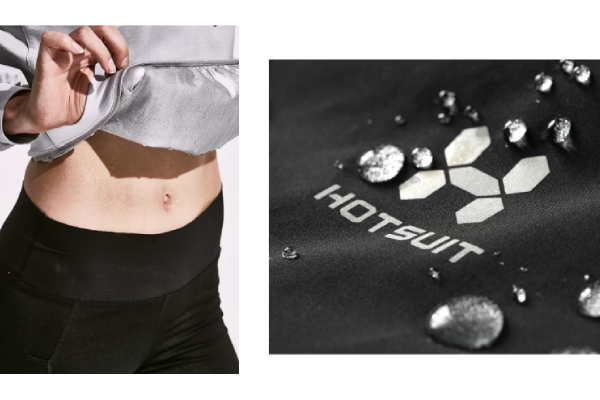The final seven days before a fight are the most critical phase of a boxer's preparation. This is where the art of making weight meets the science of fueling performance. A well-executed fight week nutrition plan can make the difference between stepping on the scale drained and weak, or strong and ready for battle.

This guide provides a professional template for a boxer diet and hydration for fighters, designed to help you master your weight and maximize your performance.
The Core Principles of a Fight Week Boxer Diet
Before diving into a daily plan, it's crucial to understand the principles behind making weight effectively. This isn't about starving yourself; it's about smart manipulation of nutrients and fluids.
Macronutrient Manipulation: Tapering Carbs, Prioritizing Protein
The key macronutrient strategy during fight week is to gradually taper your carbohydrate intake. Each gram of stored carbohydrate (glycogen) holds onto 3-4 grams of water. By reducing carbs, you encourage your body to shed this stored water.
Simultaneously, you must prioritize lean protein intake. This is vital for preserving hard-earned muscle mass during a calorie deficit, ensuring you lose water and fat, not strength.
Sodium and Water: The Science of Water Cutting
The science of water cutting revolves around managing sodium and water. In the early part of the week, you'll actually increase your water intake while slightly lowering sodium. This signals your body to flush out excess fluids.
Later in the week, you'll drastically reduce water intake. Because your body is still in "flushing" mode, it will continue to excrete water, leading to rapid weight loss.
Nutrient Timing: When to Eat for Optimal Energy
Nutrient timing becomes even more important during fight week. Consuming your meals around light training sessions can help maintain energy levels and support recovery.
Even with reduced calories, timing your intake correctly ensures your body has the fuel it needs precisely when it needs it, preventing crashes in energy.
A 7-Day Sample Fight Week Nutrition Plan
This is a general template. Always adjust portion sizes based on your specific weight target and consult with a coach or nutritionist.
Day 7-5 (Early Week): The Final High-Carb Days
During this phase, your training volume is decreasing, but you're still fueling your muscles. Keep your carb intake moderate to high, focusing on complex sources like sweet potatoes and brown rice. Keep sodium low and start increasing your water intake.
Day 4-2 (Mid-Week): The Carb Taper and Water Load
This is the most critical phase. Drastically reduce your carbohydrate intake, replacing those calories with lean protein and healthy fats. This is also when you begin the water loading process, drinking a large volume of water to encourage your body to flush fluids.
The Final 24 Hours: The Water Cut and Final Meals
In the last 24-36 hours before weigh-ins, you will significantly restrict or completely cut your water intake. Your meals should be very small, low in fiber, and consist almost exclusively of lean protein. While diet is key, many athletes use a during very light activity to assist this final phase.

The Critical Role of Hydration for Fighters
Proper hydration for fighters is a two-part strategy: the pre-weigh-in water cut and the post-weigh-in rehydration. Both are critical for performance.

Water Loading: How and Why It Works
Water loading involves drinking more water than usual for several days. This tricks your body into down-regulating the hormone vasopressin, which controls water retention.
When you then suddenly cut your water intake, your body continues to flush out water at a high rate for a period, leading to significant and rapid weight loss.
Post-Weigh-In Rehydration: The Race to Recover
This is arguably the most important part of the entire week. Your post weigh-in recovery plan must be executed perfectly to restore your body for the fight.
Immediately after weighing in, start sipping on a drink containing electrolytes. Your first meal should be easily digestible, containing both simple and complex carbs to replenish glycogen stores.
Smart Supplementation During Fight Week
While whole foods should be your priority, some supplements can be beneficial during the demanding process of making weight.
Essential Supplements: Electrolytes and BCAAs
Electrolytes (sodium, potassium, magnesium) are crucial, especially during the water cut and rehydration phases, to maintain nerve and muscle function.
Branched-Chain Amino Acids (BCAAs) can be sipped on during light training to help preserve muscle tissue while in a calorie deficit.
What to Avoid: Supplements That Can Hinder Weight Cutting
Avoid supplements that cause bloating or water retention, such as certain types of creatine, during fight week. Stick to the essentials and reintroduce other supplements after the weigh-in. A winning strategy combines smart nutrition with the right gear. to complete your fight camp arsenal.
Step on the Scale with Confidence
A successful fight week nutrition plan is a science. By understanding and implementing these principles, you can shed the necessary weight without sacrificing your strength and energy. You'll step on the scale not just on weight, but with the confidence that you are primed for peak performance.
What is your biggest nutritional challenge during fight week? Share your experience in the comments.
Common Questions on a Boxer's Diet
What are some good, low-sodium protein sources for fight week? Excellent choices include grilled chicken breast, tilapia, cod, egg whites, and unflavored whey protein isolate. Avoid processed meats, sauces, and seasonings that are high in sodium.
How much weight is safe to cut in the final week? This depends heavily on the individual athlete's body composition and experience. Most professionals aim to cut about 5-8% of their body weight in water during the final week. Drastic cuts should always be done under experienced supervision.
Should I do any training during the water cut? Training should be extremely light during the final 24-48 hours of a water cut. The goal is to facilitate sweating without depleting your remaining energy stores. Light shadowboxing or very slow jogging in a sauna suit is common.
What's the first thing I should eat after weighing in? Your first meal post-weigh-in should be focused on rehydration and easily digestible carbohydrates. A drink with electrolytes







Leave a comment
All comments are moderated before being published.
This site is protected by hCaptcha and the hCaptcha Privacy Policy and Terms of Service apply.